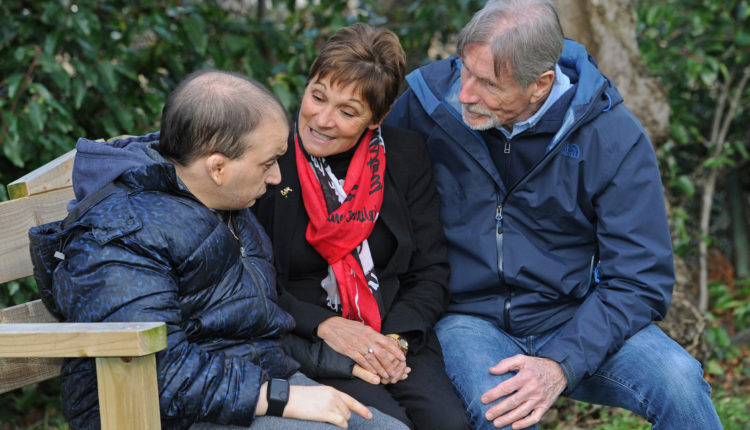Wirral biometric sensor trial aims to help people with severe autism
Wirral Council and local charity Autism Together have secured the £100,000 from NHS Digital for the trial which will see wristbands used to detect triggers for severe incidents of anxiety. Tony McDonough reports

People with severe autism in Wirral will be asked to trial biometric sensors that can detect the signs leading up to severe incidents of anxiety in a £100,000 new technology trial.
Wirral Council and local charity Autism Together have secured the funding from NHS Digital to help understand those with severe autism who may otherwise find it difficult to communicate.
Those taking part in the trial will wear the sensors on lightweight wristbands – similar to the popular fitness trackers such as Fitbit – to help understand those with severe autism who may otherwise find it difficult to communicate.
The devices will allow researchers to spot the signs leading up to severe incidents of anxiety so they can be reduced or avoided in future, by keeping track in real time of changes in factors such as skin temperature, sweat, heart rate and movements.
This trial phase will be overseen by academic partners in the US and the information gathered from biometric wristbands will also be compared to observations by staff about where each episode of anxiety has occurred.
This will take into account environmental triggers such as heat, light and noise, which can be challenging for those on the autism spectrum. The aim is to analyse the data for each individual to give an insight into what triggers incidents of ‘challenging behaviour’ in order to be able spot the patterns and reduce or prevent them occurring in the future.
Robin Bush, chief executive of Autism Together, said: “There has never been a more challenging time for autism care. Often, people with complex autism find themselves on a sickening merry-go-round of failed placement following failed placement.
“Imagine if, by using biometric technology, we could ‘see inside’ these people in a new way, finally understanding what was causing their distress. It could be transformative.”
Wirral Council’s cabinet member for adult care and health, Cllr Chris Jones, added: “This pilot also aims to help make life easier and more comfortable for those with severe autism.
“Hopefully it will help to reduce incidents of challenging behaviour which will have a hugely positive impact for the individuals concerned, reduced stress and worry for their families and improved care overall.”

